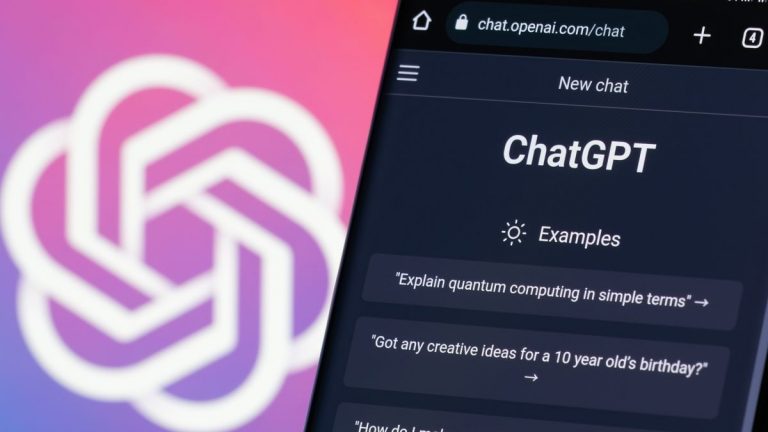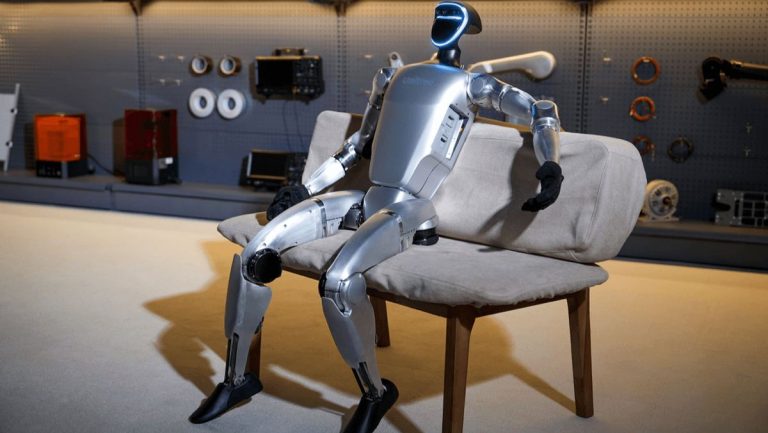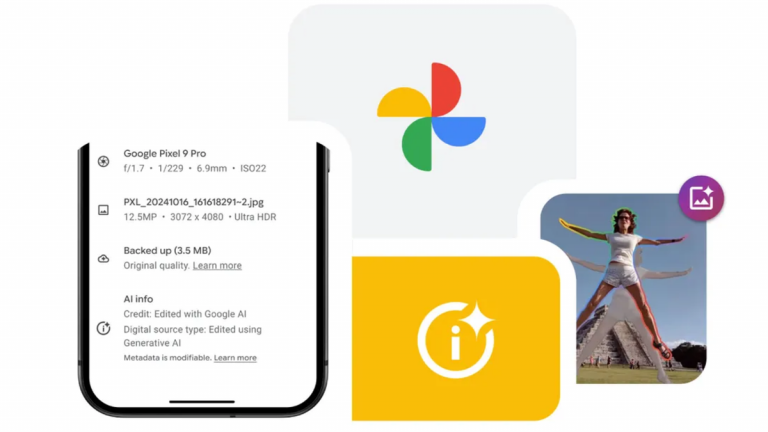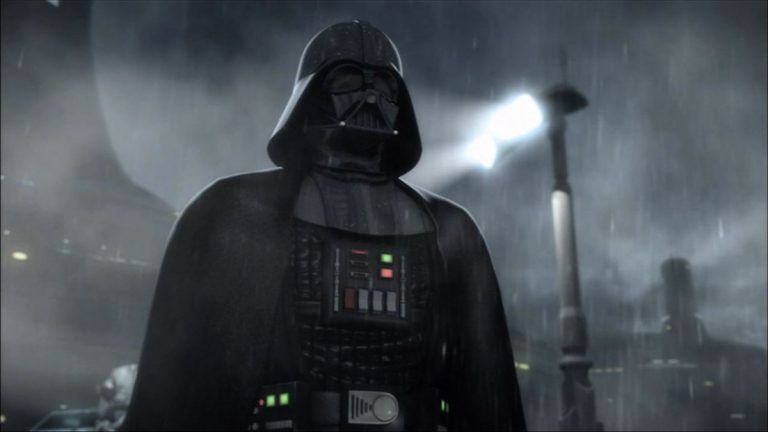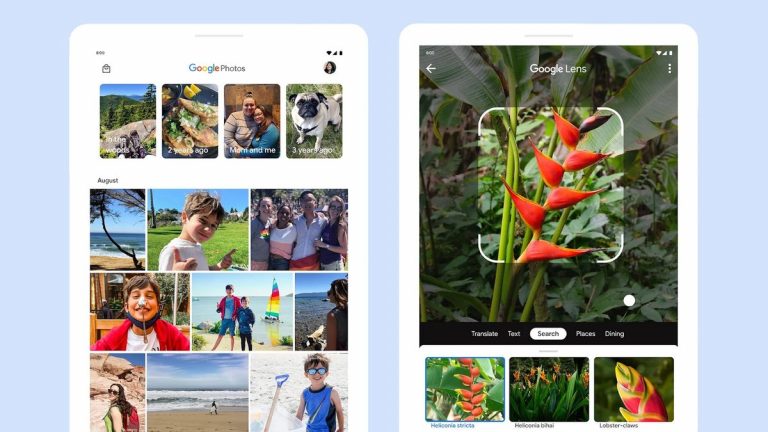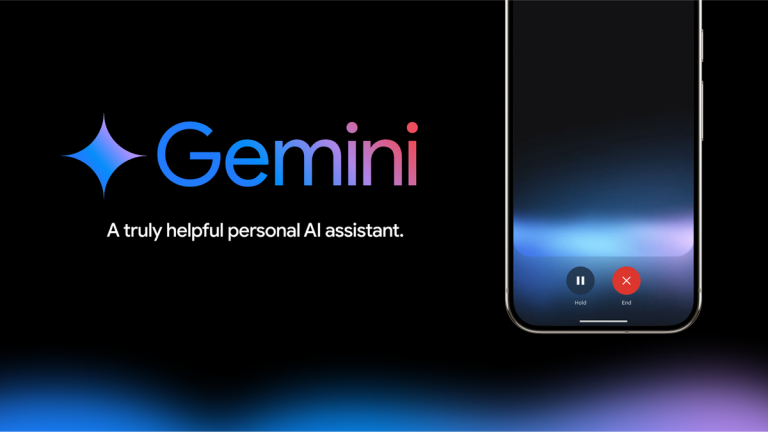Unmasking the AI Revolution: How K-Pop’s Illicit Voice Clones are Redefining the Music Industry
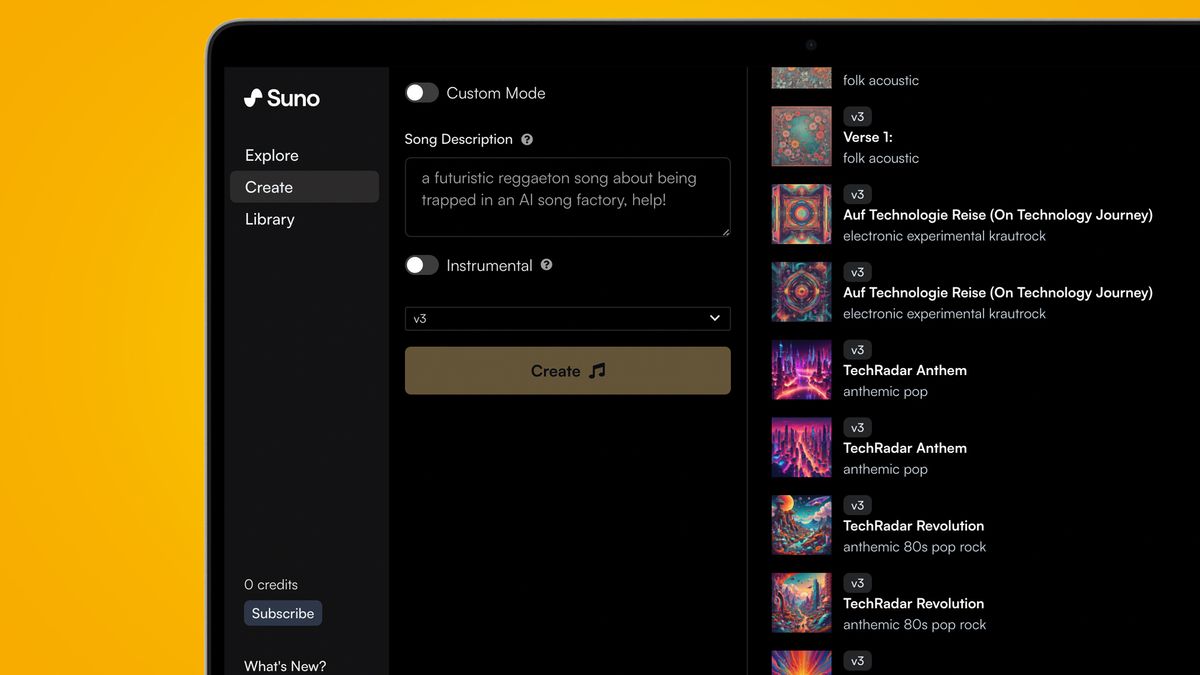
Deepfake Music: The Shocking Truth About AI-Generated Songs
Are you guilty of jamming out to your favorite tunes without realizing they might not be sung by the actual artists? A recent study from musicMagpie, titled “Bop or Bot?”, reveals a staggering 1.63 million AI covers on YouTube, leaving listeners wondering if they can truly distinguish between human and artificial music.
The Rise of AI-Generated Music
K-pop groups are the biggest victims of these deepfake tracks, accounting for 35% of the top twenty most-streamed AI-generated artists. Blackpink tops the list with over 17.3 million views of AI-generated content mimicking the group, while Justin Bieber and Kanye West follow closely behind. But what’s even more astonishing is the financial impact on the original creators – musicMagpie estimates a loss of over $13.5 million in revenue due to AI-generated content.
Can You Tell the Difference?
A further study found that 72% of participants were confident they could identify AI-produced songs, but 49% couldn’t. And it’s not just the older generation – Gen Z participants were actually the most easily fooled. This raises questions about the value of human creativity and how it will be perceived in the years to come.
The Dark Side of AI Music
Even deceased artists aren’t immune to AI theft, with Frank Sinatra and Freddie Mercury’s voices being used to create AI-generated tracks. And it’s not just human voices – fictional characters like SpongeBob SquarePants have also been used to create AI-generated music, racking up 10.2 million views.
The Legal Battle Ahead
As AI music startups like Suno and Udio continue to use unlicensed material to train their AI models, the Recording Industry Association of America (RIAA) and music labels are taking legal action. If they can successfully argue that there’s a real monetary loss involved, they’ll have a stronger case against the AI model developers.
“These findings highlight a growing challenge in the music industry: as AI technology becomes more sophisticated, music lovers across multiple generations are struggling to discern between what is real and what is artificially created,” the study’s authors point out. “If nearly half of listeners can’t tell the difference between a human artist and an AI, what does this mean for the value of human creativity? How will this affect the way we create, perceive, and appreciate music in the years to come? These are questions that the industry must grapple with as AI continues to evolve.”

